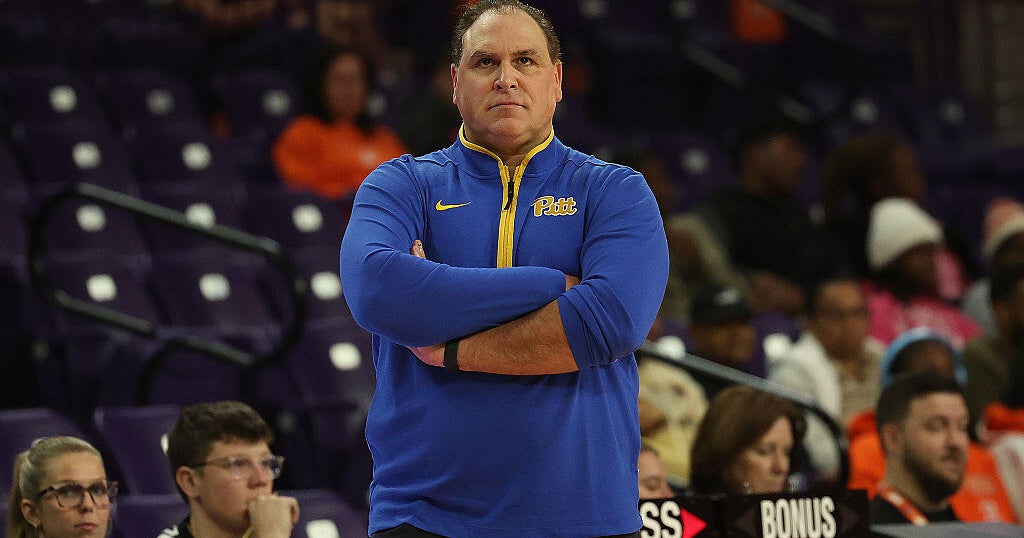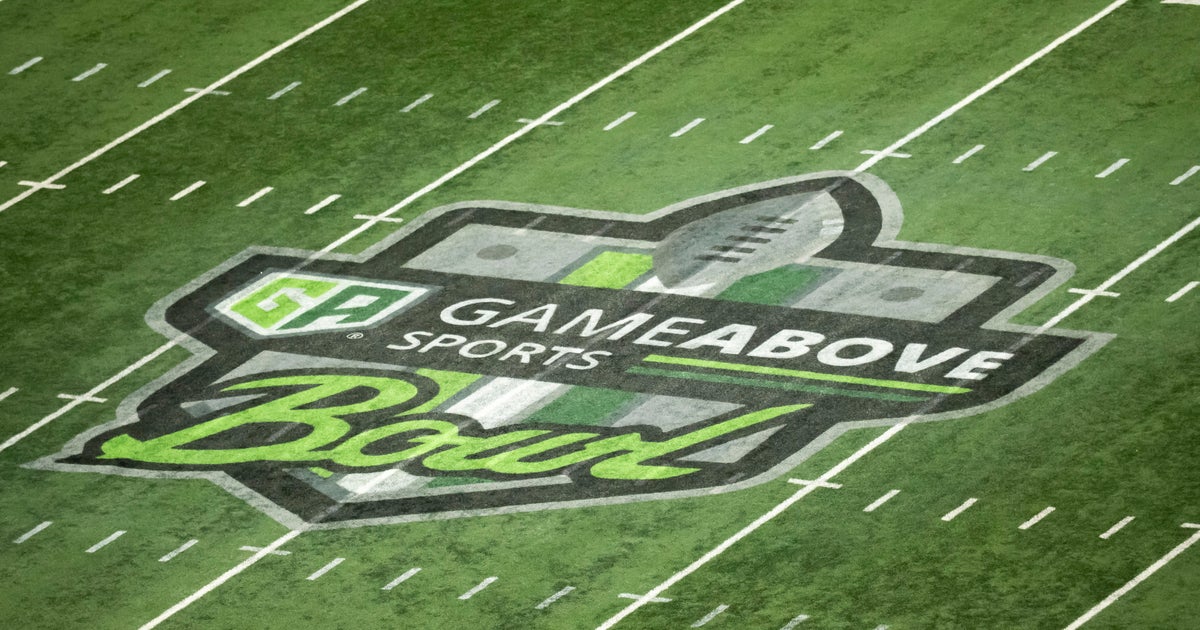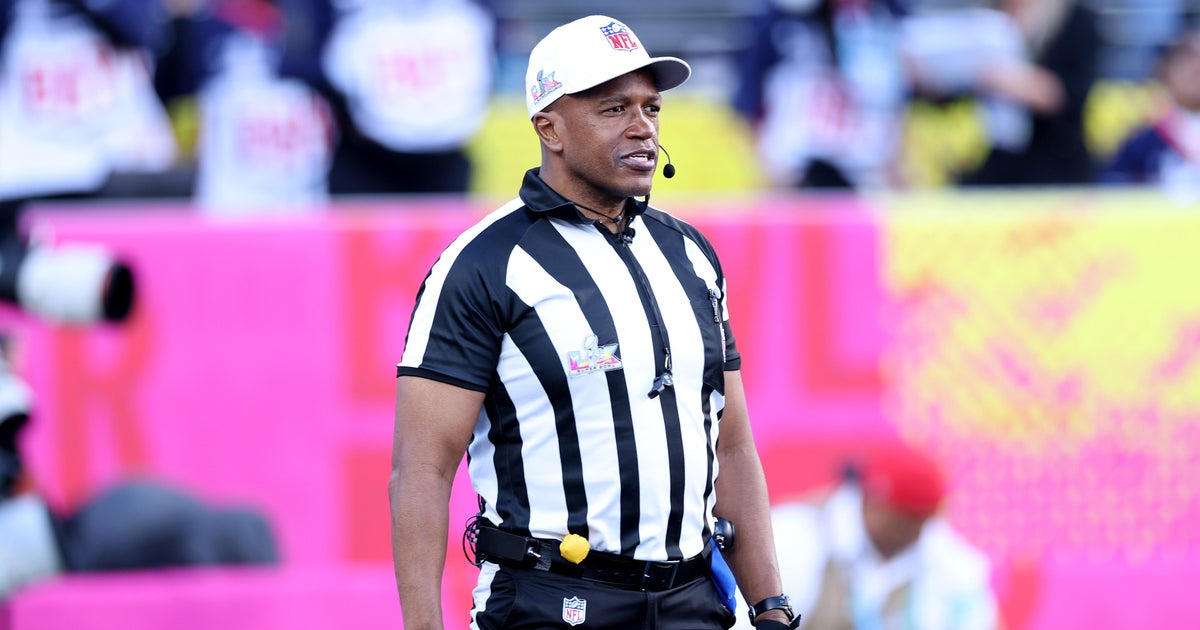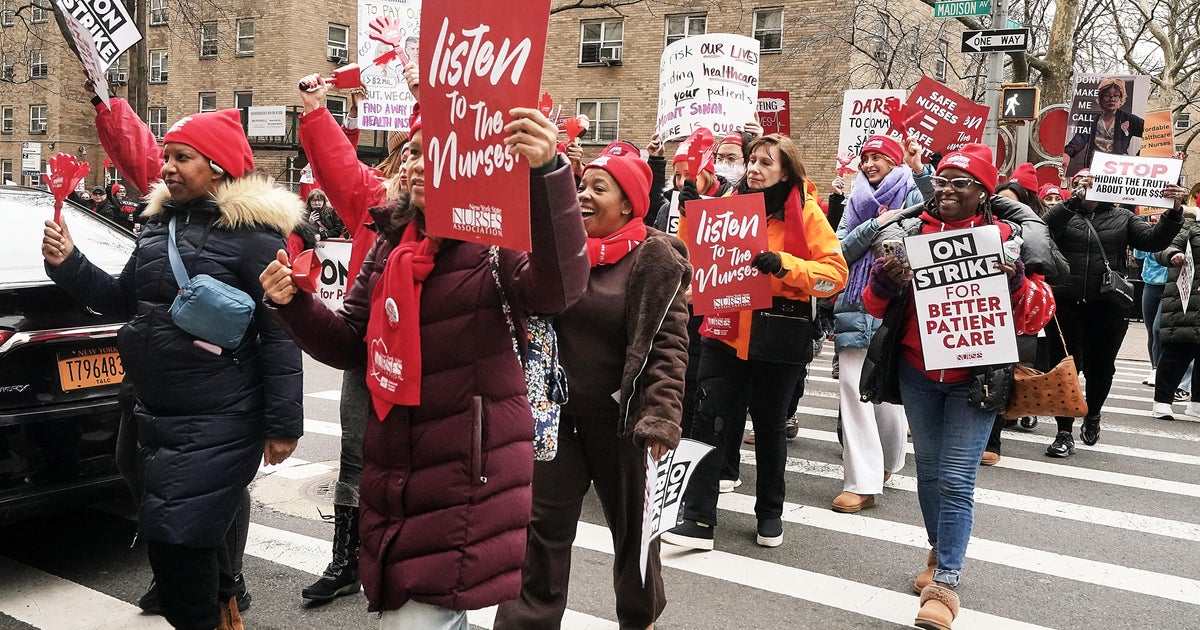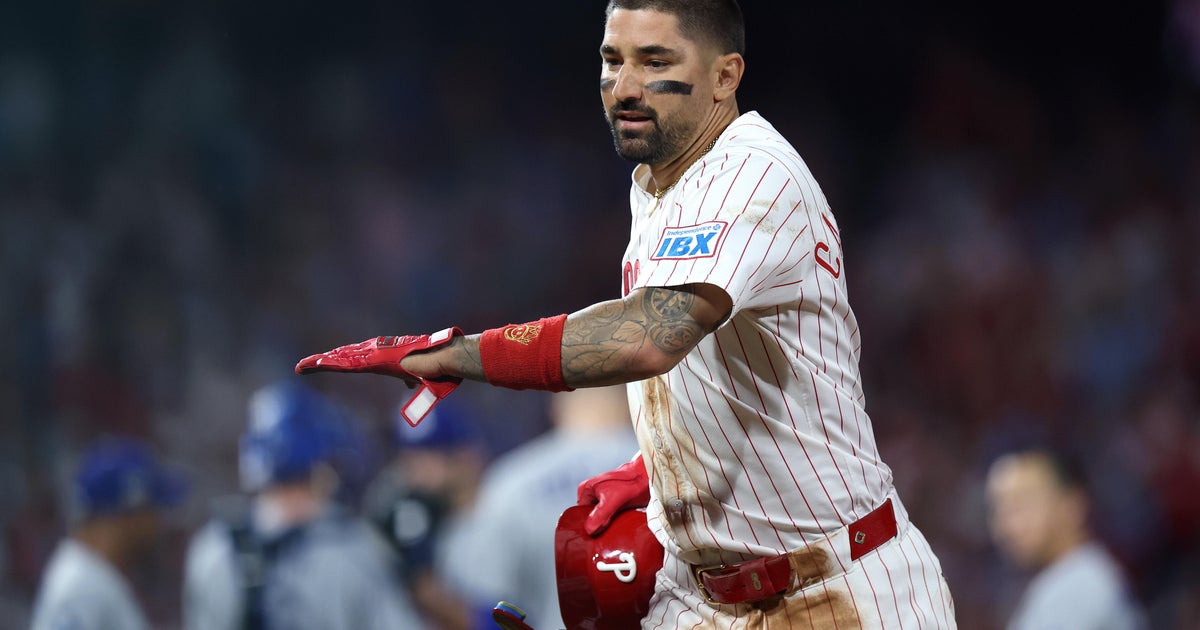NFL Making Their Payments For Player Benefits
Despite the lockout and failure to come up with a new bargaining agreement, the NFL owners are still obligated to contribute to player benefits.
NFL owners will pay $177 million on Thursday to complete their contributions to the player benefits program for the 2010 season.
That payment will bring the total amount funded by the 32 teams for 2010 to $245 million. It is a payment the league has made by the end of March each year under its collective bargaining agreement with the NFL Players Association.
The CBA expired on March 11 and the NFLPA dissolved as a union. The league then locked out the players.
Ownership contributions fund player benefits that include the pension plan, group medical insurance, the disability plan, and the "88" program for retired players with dementia or related conditions.
The NFLPA said in a statement that the league was doing no more than fulfilling its contractual obligations.
"The next press release that comes from (NFL headquarters) should announce that the owners have lifted the lockout, the ultimate benefit to players and fans," the statement read.
NFLPA executive director DeMaurice Smith recently said the league contributes "zero" to former player pensions. But the league said Wednesday that in the past 10 years the owners have contributed more than $2.7 billion toward various NFL benefit plans for current and retired players.
Future pension payments have been an issue in the failed contract negotiations that led to the current lockout. The players' association has noted the NFL paid $10 million less per club in benefits in 2010 compared to 2009. Under the rules negotiated for the uncapped 2010 season, though, some money was shifted from benefits to salary.
NFL owners will deposit the $177 million with BNY Mellon, an investment services company based in New York.
"NFL players would like to thank the NFL for issuing a press release touting their contractual and legal obligations," the NFLPA said in the statement. "If it wasn't for players, namely John Gordy, players wouldn't have any benefits."
Gordy, a former offensive lineman for the Lions who helped form the players association, died last year. He was a three-time Pro Bowl selection before a knee injury led to his retirement in 1967.
On Monday in Minneapolis, four former NFL players, including Hall of Fame defensive end Carl Eller, sued the league in hope of joining current players in their antitrust fight to halt the lockout. Their lawsuit seeks class-action status on behalf of all retired or former NFL players who receive health, retirement or other benefits from the league or its subsidized plans, arguing those benefits will be jeopardized by the loss of NFL revenue in an extended lockout.
Shawn Stuckey, an attorney for the former and future players, said he intends to ask the court to combine the retirees' lawsuit with the antitrust suit filed by Tom Brady, Drew Brees, Peyton Manning and others.
Earlier this month, NFL Commissioner Roger Goodell sent a letter to every current player in which he cited "enhanced retirement benefits for pre-1993 players" as part of the league's last offer to the NFLPA before talks collapsed.
"More than 2,000 former players would have received an immediate increase in their pensions averaging nearly 60 percent, funded entirely by the owners," Goodell wrote.
Copyright 2011 by STATS LLC and The Associated Press. Any commercial use or distribution without the express written consent of STATS LLC and The Associated Press is strictly prohibited.
